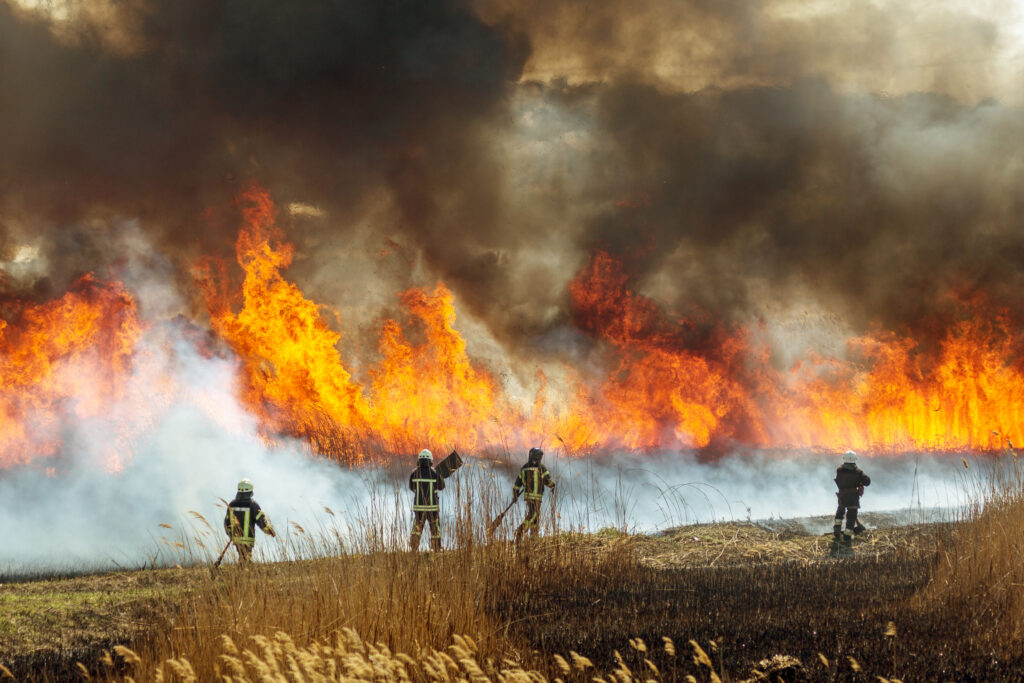Wildfire Insurance Claim Denied? Your Complete Recovery Guide


The recent California wildfires have been devastating. Many people lost homes and jobs. Besides the danger and sadness, lots of victims are now facing major money problems.
We expect insurance to protect us during crises. Unfortunately, sometimes insurance doesn’t pay enough to fully rebuild. Worse, some insurance policies may not cover natural disasters.
It can feel very hard to start over when you’ve lost everything. You may have big gaps between insurance money and the costs needed to recover. Costs for temporary housing, essential goods, and rebuilding can add up fast. This can cause a lot of debt.
It’s normal to feel unsure how to move forward, but you don’t have to panic. This guide will help you figure out what to do first and how to get help if you end up in a bad financial situation
If your home is damaged, the first thing to do is find a safe place to stay. You can:
FEMA gives important help to people hurt by disasters. Registering is key to getting grants for housing, repairs, and other needs. You can register online at DisasterAssistance.gov or by calling 1-800-621-FEMA (3362).
Make careful notes on the damage, even if you’re not sure what insurance will cover. Take photos and videos of all damaged areas inside and outside your home. This will help with insurance claims, government assistance, and tax deductions for losses.
If it is safe to do so, find and keep important papers. These include:
Read your homeowners insurance policy carefully. Pay close attention to the parts about natural disasters, especially wildfires. Be sure you understand your policy limits and deductibles. Learn about any exclusions that apply. Write down any questions you have.
When you call them, be sure to:
Keep records of all your talks with the insurance company. Include dates, times, and names of people you spoke with.
Sometimes, insurance claims are denied or do not pay enough. Common reasons for this include:
What To Do if Your Claim Was Denied
Don’t give up if your claim isn’t what you expected. You have options. You can:
Registering with FEMA is important. FEMA offers different kinds of help, like:
Many state and local governments also have disaster relief programs. These programs may give money, help with housing, or provide other resources. Check your state and local government websites for information. You can also contact your local emergency agency.
Many nonprofits and charities help after disasters. Some groups focus on specific needs, like housing. Others give money or supplies. Examples include:
Recovering after a disaster can cause money problems. Unexpected costs for housing, lost items, and rebuilding can lead to debt. If this happens, you need to know how deal with it.
If you have a lot of unsecured debt from the wildfires, or any natural disaster, look at different ways to manage it. Consider:
Another option is debt relief programs. These programs help you negotiate with creditors to pay less than what you owe. You can pay up to 30% less than what you owe and be debt-free in as little as 12-48 months.
Recovery takes time. Once you are out of immediate danger, you can start focusing on things like:
Recovering after a disaster is hard. It can be overwhelming to handle money issues when insurance doesn’t pay for everything. Remember that you are not alone. There are resources and support to help you rebuild. By taking action now, you can move forward with strength and hope.
If you have new credit card debt or personal loan debt from the wildfires, know that there is help available. At National Debt Relief, we understand the financial stress caused by unexpected emergency expenses. We offer support to people with unsecured debt. If you are curious about your options, we’re here to help.
The content provided is intended for informational purposes only. Estimates or statements contained within may be based on prior results or from third parties. The views expressed in these materials are those of the author and may not reflect the view of National Debt Relief. We make no guarantees that the information contained on this site will be accurate or applicable and results may vary depending on individual situations. Contact a financial and/or tax professional regarding your specific financial and tax situation. Please visit our terms of service for full terms governing the use this site.

A comprehensive guide to 150+ essential multifamily real estate investing terms, from acquisition to disposition. A Absorption Rate The...

Colleges are navigating enrollment pressures, renewed federal oversight, and growing scrutiny around how families finance higher education. This week’s developments...

(Bloomberg) — Morgan Stanley chopped pricing in half for clients trading private companies’ shares on its newly acquired EquityZen platform,...